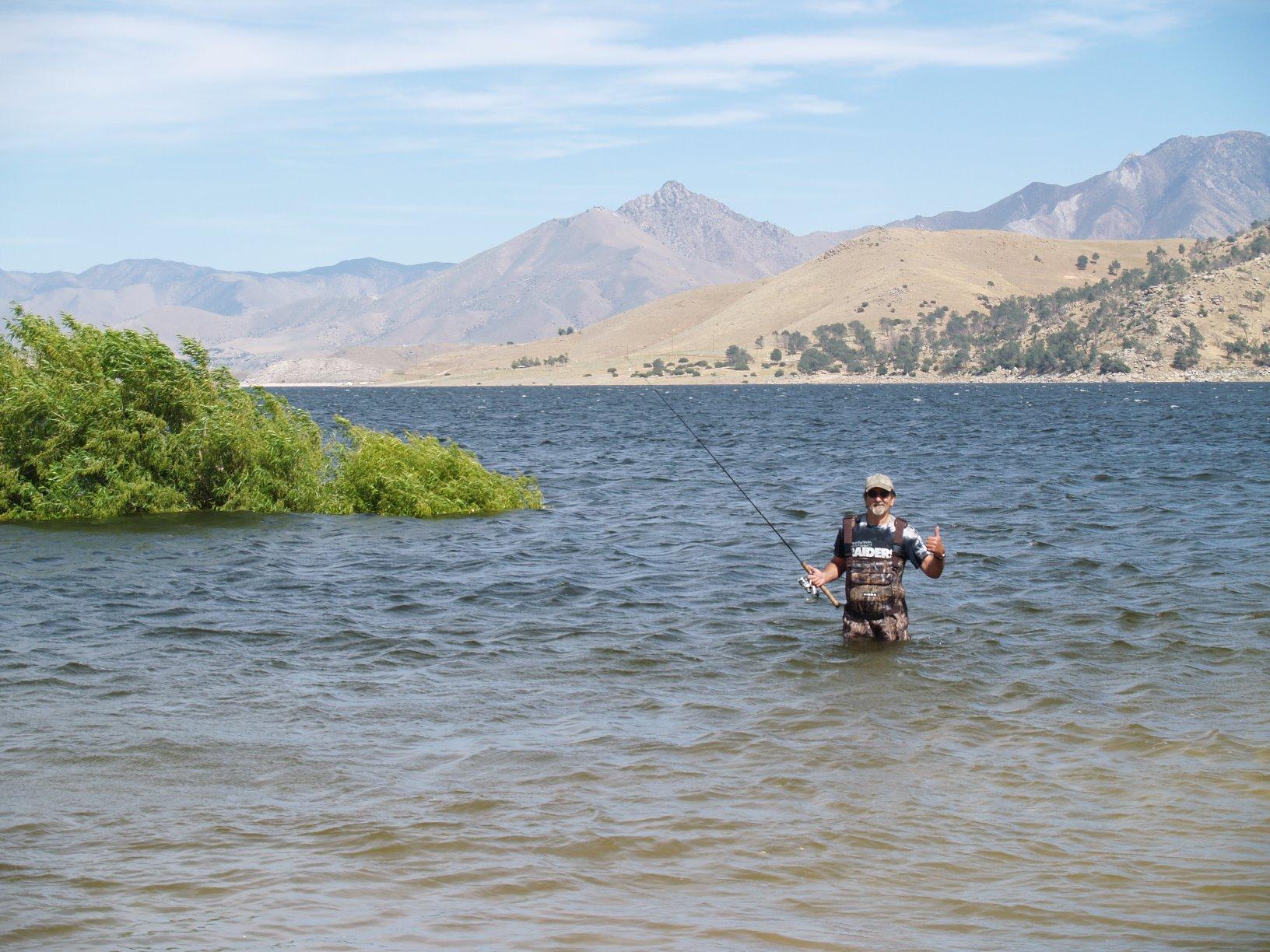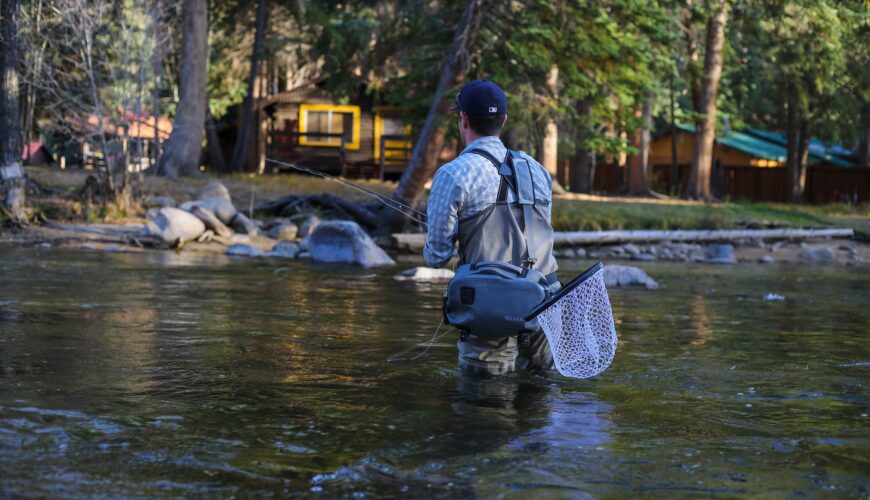Tactics
5 Reasons Squirrel Hunting is the Ultimate Hunting Experience
January 9, 2026 •Guest Contributor
August 2, 2022
Stopping on a trail above a large pool on Clear Creek near Harrodsburg, I wipe sweat from my brow while peering down at cruising shadows below. The carp are schooled up and actively feeding just below a small rifle. They are prime targets for wade fishing.

Version 1.0.0
Common carp are found in all of the lower 48 states, Hawaii, Canada, Mexico, Europe, Asia, and more. From the banks of the St. Lawrence River to the California Coast and just about everywhere in-between, fishermen pursue carp using many different techniques in diverse environments. Carp are found in clear lakes, rivers, small creeks, and flooded fields. Their preferred habitat is slow or still water, with a vegetative, soft bottom in shallow backwater bays and along shorelines.
Stalking carp in small creeks with fly fishing equipment has become one of my favorite summertime outdoor activities. Now, I really enjoy catching trout, smallmouth and goggle eye, but hooking into a 10-pound plus carp on a fly rod in close quarters is an absolute thrill. When a carp takes off screaming down stream and empties your reel down to the backing, it’s simply exhilarating and puts catching a 12-inch trout in perspective. Of course, using a spinning outfit can be just as exciting.
Longtime Michigan salmon and steelhead guide, Kevin Morlock, has become a recognized carp expert over the last decade. He said, “Few aspects of my job are as enjoyable as watching a client change their perception of carp. As soon they hook into their first carp, I watch disbelief disappear before my eyes. Most people hardly believe the strength of these fish. It’s great.”
When I’m creek fishing for carp, I’m sight fishing. This means I spot the fish and then work out a plan to try and catch it. Look for cruising carp along shore and lay a cast out in front of where the fish is heading. Let the fly settle to the bottom. Wait until the carp and the fly are together in an area the size of a basketball hoop. Pop the fly a couple of times to get the fish’s attention. If the carp turns on the fly, gently pop it a couple more times to make the fly appear as if it’s trying to escape, then stop. Wait. Be quiet and patient. When you see the carp suck in your fly, or you feel the tug of the carp swimming off, set the hook, and hold on.
Carp feed on an omnivorous array of plants, insects and crustaceans. Flies should imitate what carp are feeding on in a specific body of water. Minnows, crayfish, leeches and mayflies are found just everywhere carp are, so patterns tied to imitate these are often good choices. Morlock’s Carp Bunny, Whitlock’s Near-Nuff Crawfish, Clouser’s swimming Nymph and wooly buggers are a handle full of flies known to catch carp. Spin fisherman can use these flies too by adding a few split shot to your line.
Polarized sun glasses, a net, and waders or wading shoes are important pieces of equipment when pursuing carp. Polarized sunglasses help when searching for carp along the shore or in shallow water bays. You can beach carp if you are fishing alone and don’t want to drag a net along, but netting is best. A small trout net, like you see in most fly shops, won’t cut it. Wearing waders or wading shoes is recommended when stalking in the water. You don’t want to take any chances of cutting your feet on an old bottle or piece of metal.
Although common carp are officially classified as a “rough fish” and have been looked down upon for years, they are beginning to gain mainstream appeal. As more and more anglers begin to look beyond past perceptions of these formidable fish they are realizing the common carp offers excellent angling traits of size, fight and numbers in water close to home.
Most Indiana rivers and streams have populations of common carp. When the weather is too hot to sit in a boat or on the bank, slip on some wading shoes and spend some time wading your local river or stream in pursuit of one of the hardest fighting fish you can tangle with.
